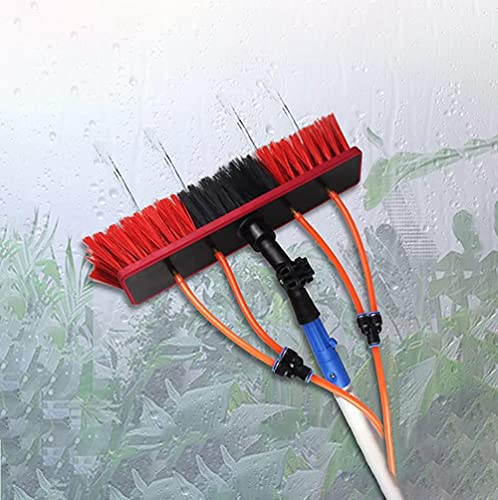ched999uk
Well-known member
- Messages
- 5,223
- Location
- Lancashire
Anything above about 12.7v (rested i.e. after 4 hrs after charging) should be fully charged. The question is really about capacity. While a battery might appear to fully charge it's capacity might have been damaged. So just be aware that you ideally need to keep an eye on it to see if it's holding up to your usage.So after 16 hours of manual charge. My battery now reads 12.9. That’s without starting the engine. Is this ok?




























